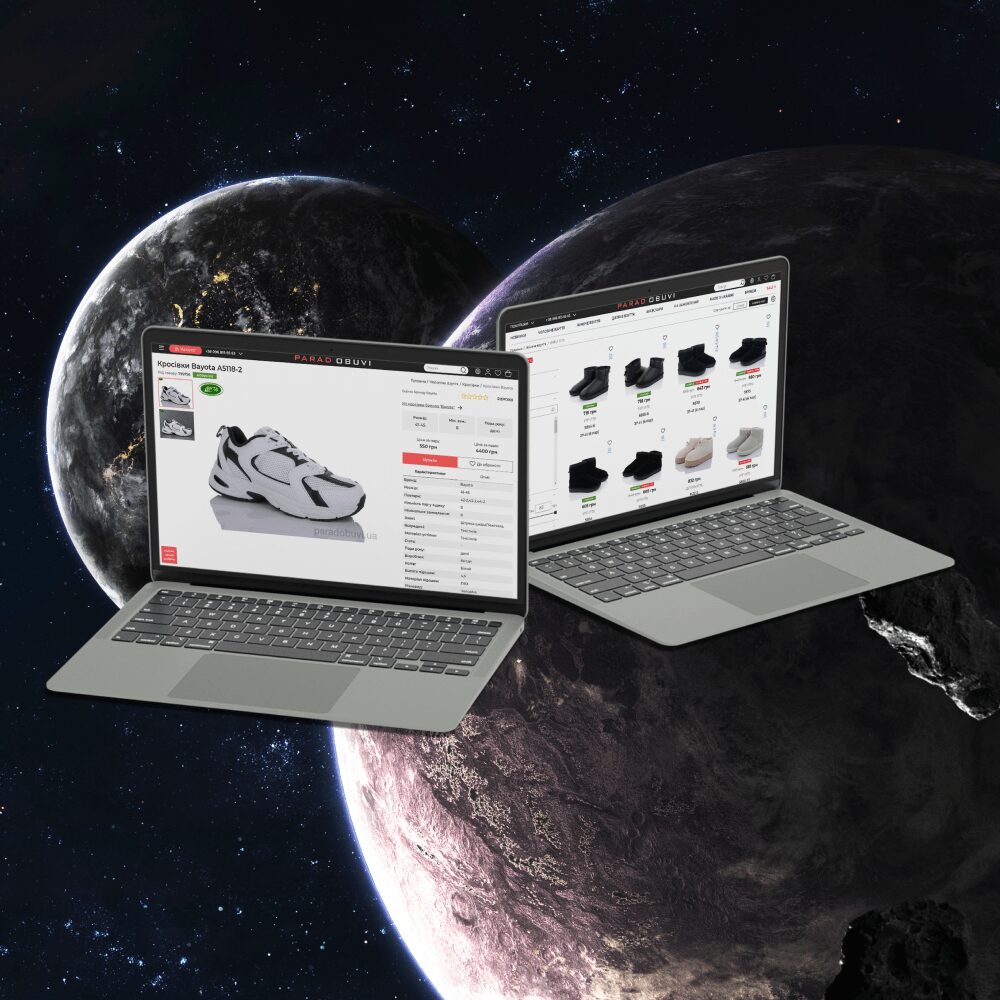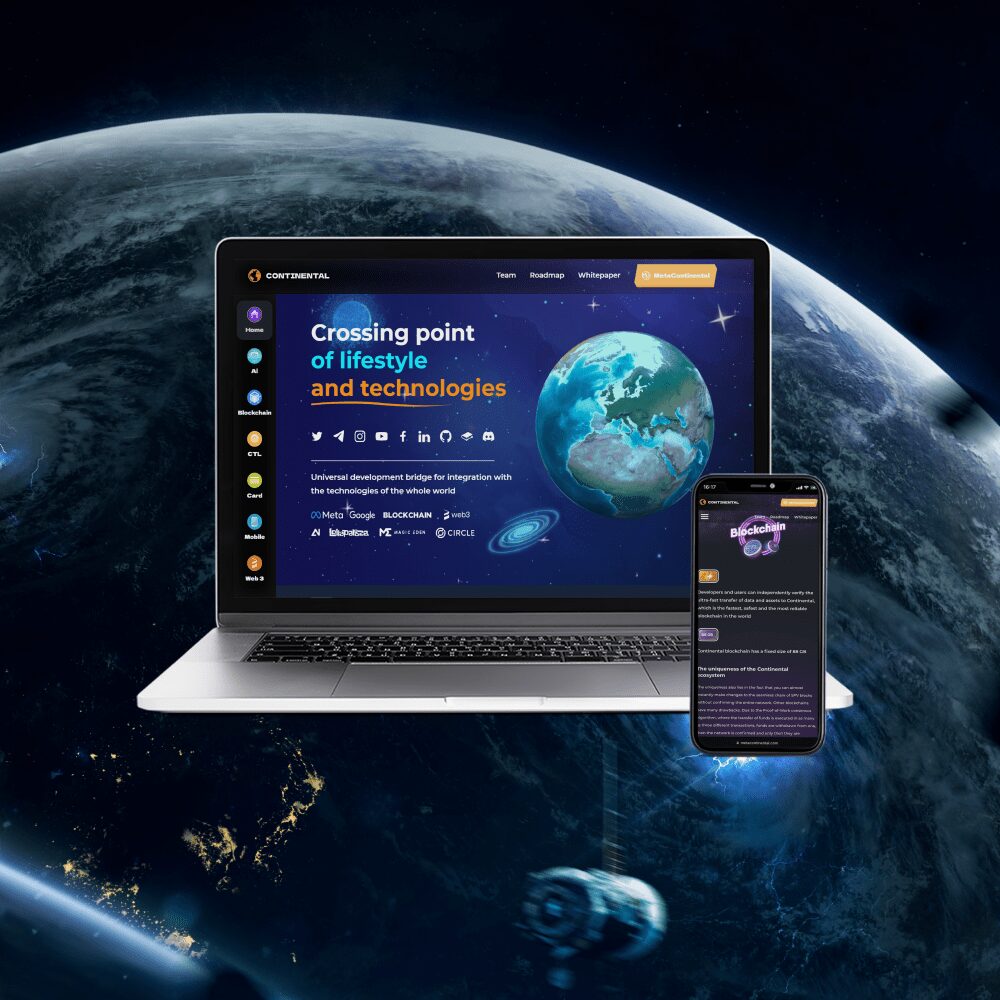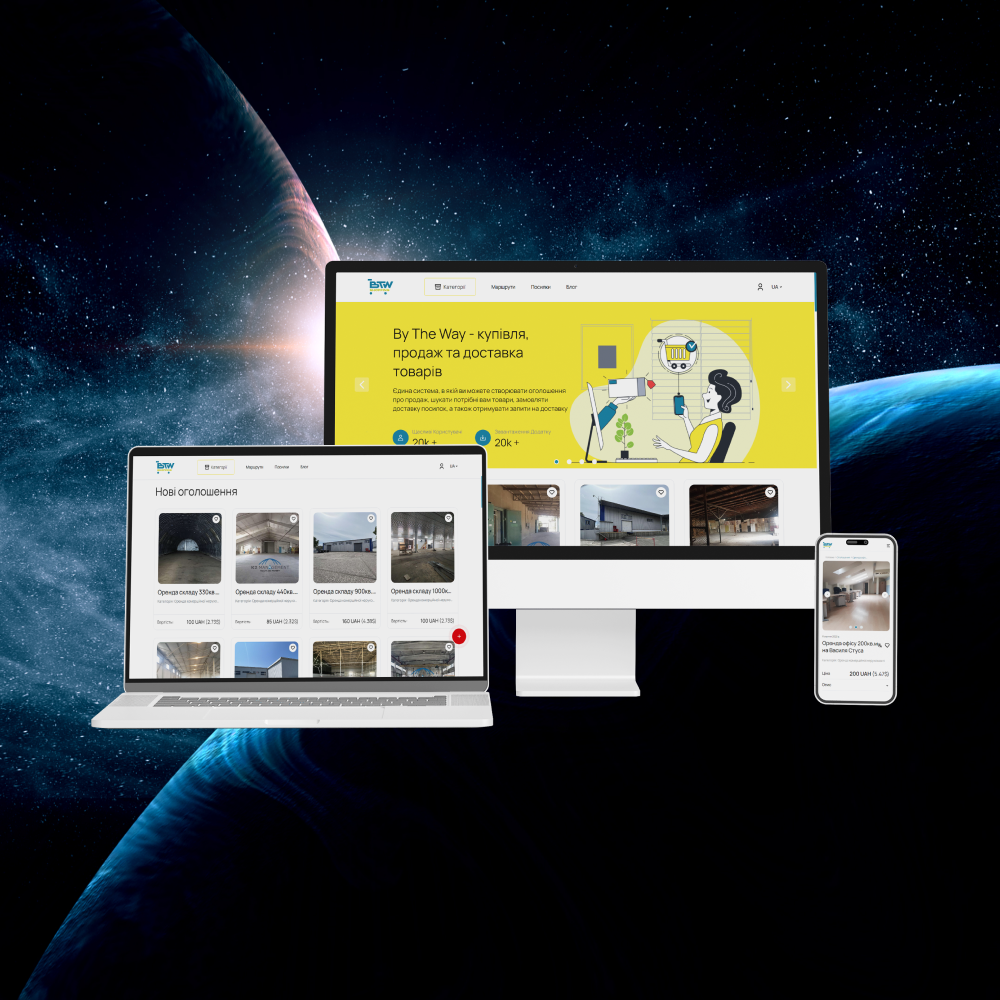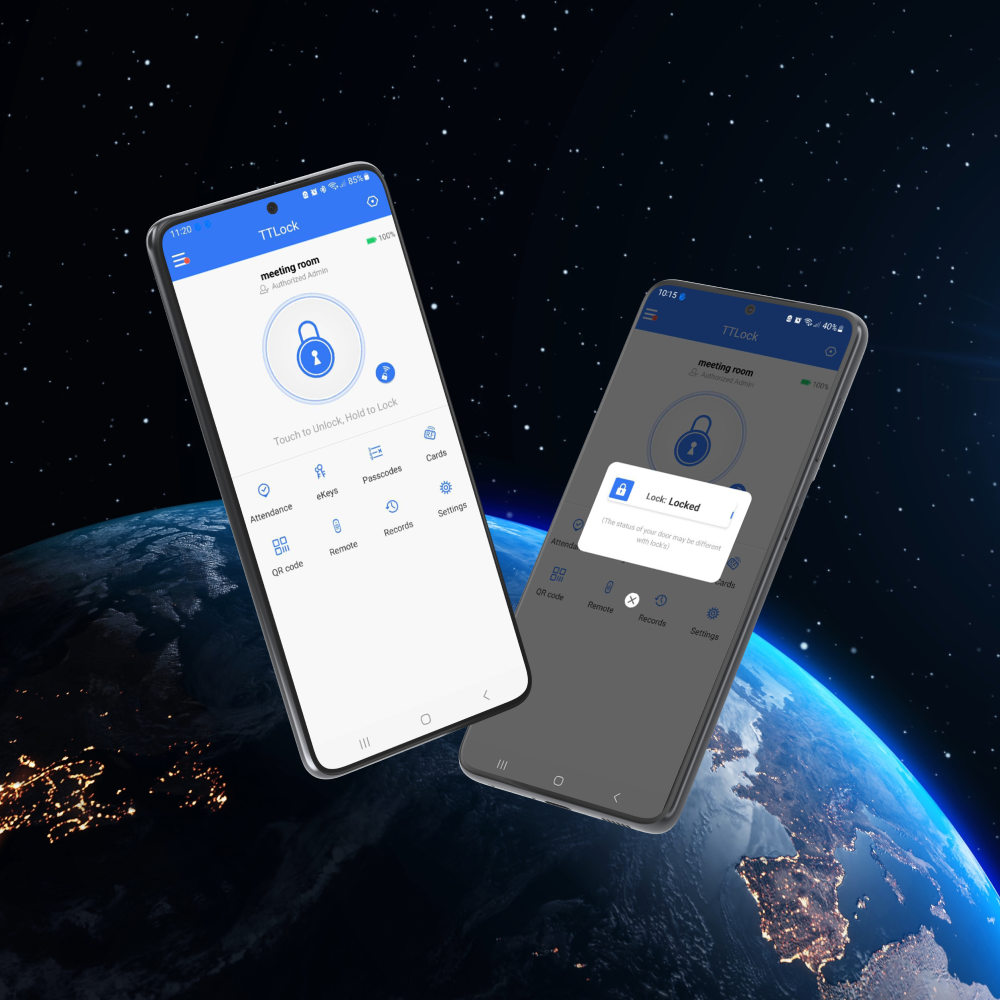Game development team
What team will be needed to develop the game
GamedevWhat team will be needed to develop the game Gamedev
At the end of 2022, the gaming market amounted to $184.4 billion, and analysts from Newzoo are convinced that this figure will grow to $211.2 billion in 2023. Moreover, almost half of this amount falls on the segment of mobile games, namely 103.1 billion.
We mean that game development is one of the most attractive areas for investment, and if successful, the project can pay off in the first year.
For example, MOBA Honor of Kings from the Tencent studio last year brought its creators a profit of $ 238.2 million, and this is far from the only case.
In this article, we will talk about how to take advantage of this trend and develop your own game project, what kind of team is required for this, and how the production process goes.
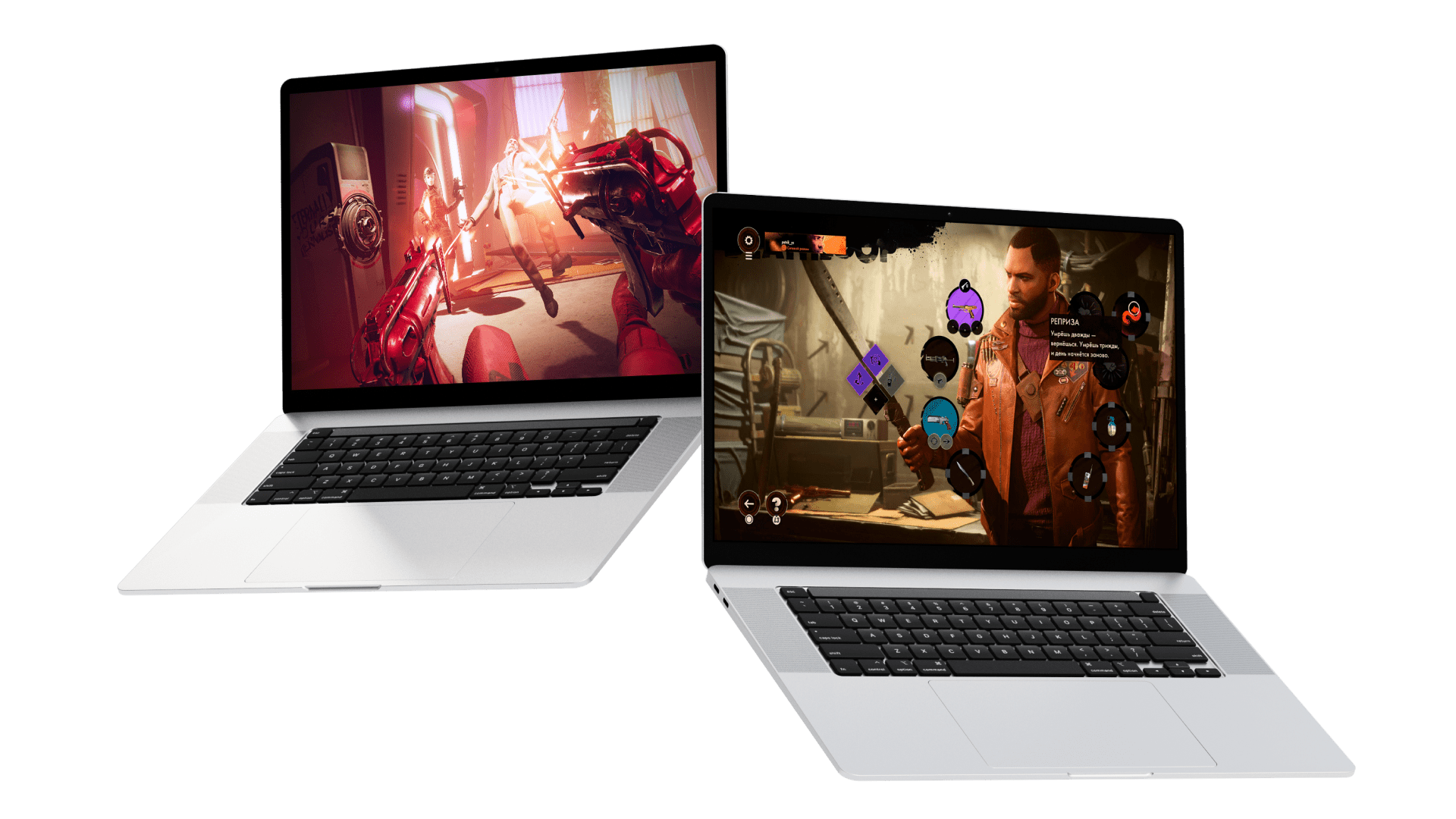
Decide on the genre
Game genresDecide on the genre Game genres
Choosing a genre is a fundamental step in game development. It affects the cost and speed of development, gameplay, target audience and project monetization options. In addition, the genre forms the expectations of gamers from the gameplay – for example, if we are talking about RPG, then players will have to fight and improve the skills of the hero, and in shooters the main focus will be on shooting.
At present, we know hundreds of game genres, but the boundaries between them are blurring, as developers are constantly experimenting and creating different intermediate options. Therefore, we decided to list the most popular and sought-after genres on the market, investments in which are highly likely to pay off:
- Adventure. Adventure games are typical stories about heroes. Here, the focus is not on combat, but on a story that forces players to explore the world around them and progress through the story. As a result, when developing such a game, you can pay less attention to combat mechanics, but the plot and puzzles will have to be thought out simply flawlessly.
- RPG. These are the heirs of role-playing board games in which the player has to complete tasks, upgrade skills, create ammunition and, of course, fight. Today, RPGs are the most sold, but the competition in this niche is too high. To create a successful game in this genre, you will have to work hard on the story, it is desirable to come up with and implement new combat mechanics with perfect balance and mathematics, as well as introduce multiplayer that allows players to play together or in PvP mode. One of the brightest examples of this genre in recent years is the Elden Ring project.
- Shooters. In the past, shooters were classified as action games, but thanks to their huge commercial success, they were able to stand out as a separate genre. They come in two formats: first-person – CS:GO, Call Of Duty, and third-person – Fortnite, Warframe and others. As the name implies, their main distinguishing feature is shooting from different types of firearms.
- Strategies. Another fairly popular genre, which is especially in demand in the mobile gaming segment. There are two main subtypes of strategies: turn-based – when players take turns making moves, and real-time strategies, when gamers need to change their tactics “on the go” to achieve goals.
- Casual games. They differ in uncomplicated gameplay and light mechanics. An ideal format for people who do not have time to dive into an intricate plot and just need to pass the time. Due to their simplicity, casual games have become one of the most popular mobile games on the market and, at the same time, their development is much cheaper compared to RPGs and shooters.
- MMO games. Massive multiplayer games offer gamers to compete in group competitions over the Internet. The most common example of an MMO is the battle royale in Call of Duty, Fortnite, and others. When developing such projects, it is important to take care of a high-quality server architecture and the stability of TCP / IP network protocols so that gamers can enjoy the gameplay to the maximum and do not notice ping.
We select the optimal team for development
TeamWe select the optimal team for development Team
When the genre is defined, you can start selecting a team. As practice shows, only a few people or hundreds of specialists can work on the creation of a game – it all depends on the volume of tasks, budget and the planned release speed. But the roles in the game development team always remain the same, regardless of whether you are developing a small indie project or a AAA-level game.
Our company has already formed teams of experienced game developers who have all the necessary skills to create games of any complexity and in any genre. Let’s talk in more detail about what kind of specialists we can provide for the implementation of your project.
Project manager
Plays a major role in development and is responsible for bringing a quality product to market. To do this, PM works with the team, finances, tasks and deadlines, and is in close contact with the client to ensure that the vision of the game remains the same throughout the entire life cycle.
Game designer
Responsible for the entire cycle of game creation – from concept development to development of gameplay rules. There are four main categories of game designers:
- Game designers-narrators – write the plot, dialogues and work on the setting.
- Level designers are gameplay architects who assemble levels from ready-made components. They come up with puzzles, place loot and enemies around locations, and make sure the game isn’t too easy or too hard.
- Game designers-mathematicians are working on optimizing the balance: they calculate the characteristics of units, weapons and armor, manage the accrual of experience points and other metrics. They can also take part in deciding issues related to monetization — for example, what indicators should paid in-game loot have so that it does not greatly affect the gaming experience of other gamers, what rewards should be included in gamepass, etc.
- Analyst game designers – study competitors’ products and find mechanics that can be implemented in the game to improve the gaming experience.
- Systems game designers – calculate metrics and determine the technologies with which the game will be developed. Their main task is to ensure the maximum performance of the product.
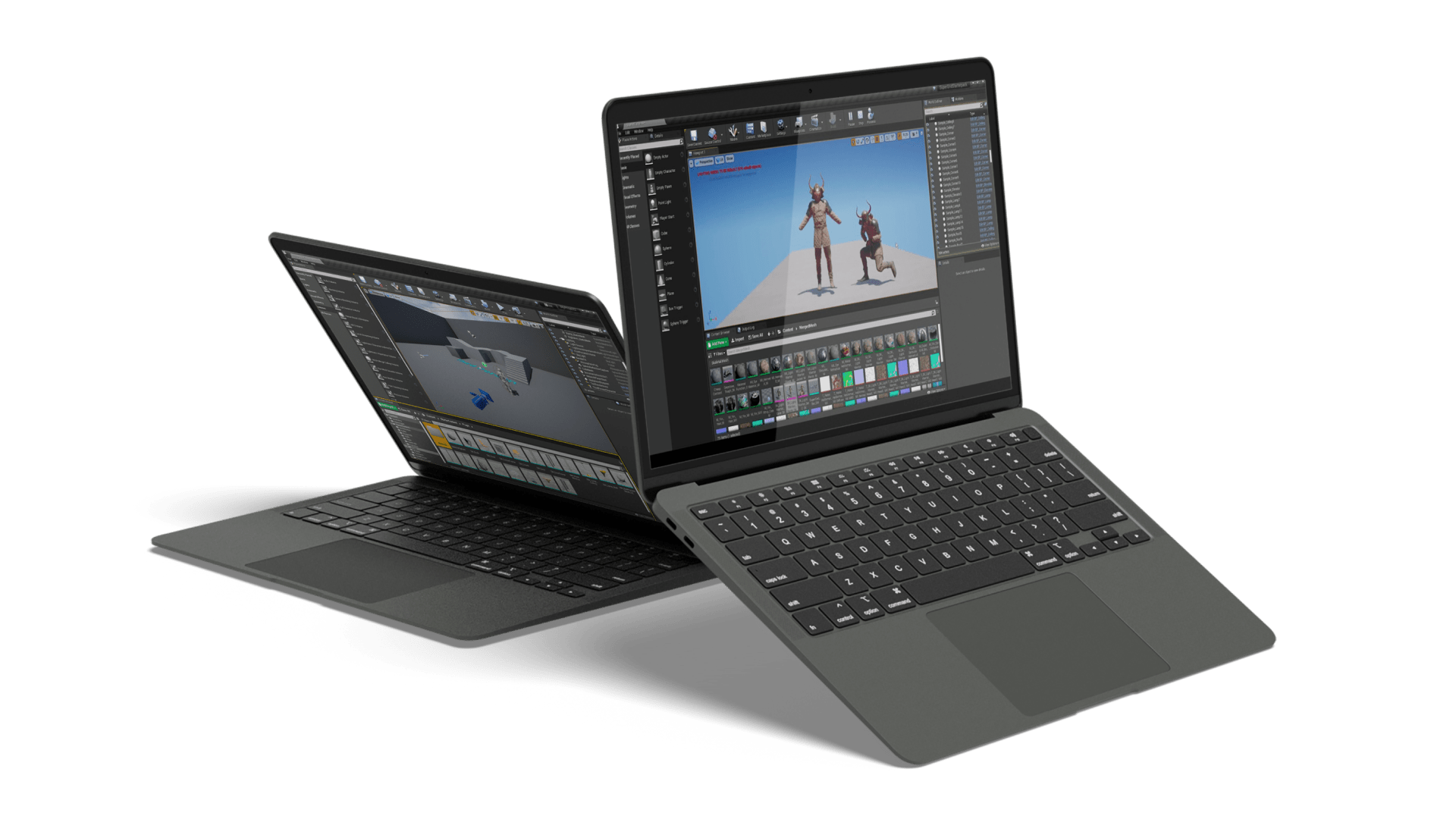
Screenwriter
Writes the script for the main story and side missions, and describes each playable character: their backstory, personality, habits, and worldview. Subsequently, this information is used when creating concept art, so that the visual model of the actor is fully consistent with his behavior.
Game Artist
A Game Artist is an artist who turns approved concepts into finished game assets. Its tasks include drawing characters, equipment, environments and interfaces – that is, all the elements that a gamer can interact with during the gameplay. 2D or 3D artists may be involved in the project. It all depends on the format of the game project.
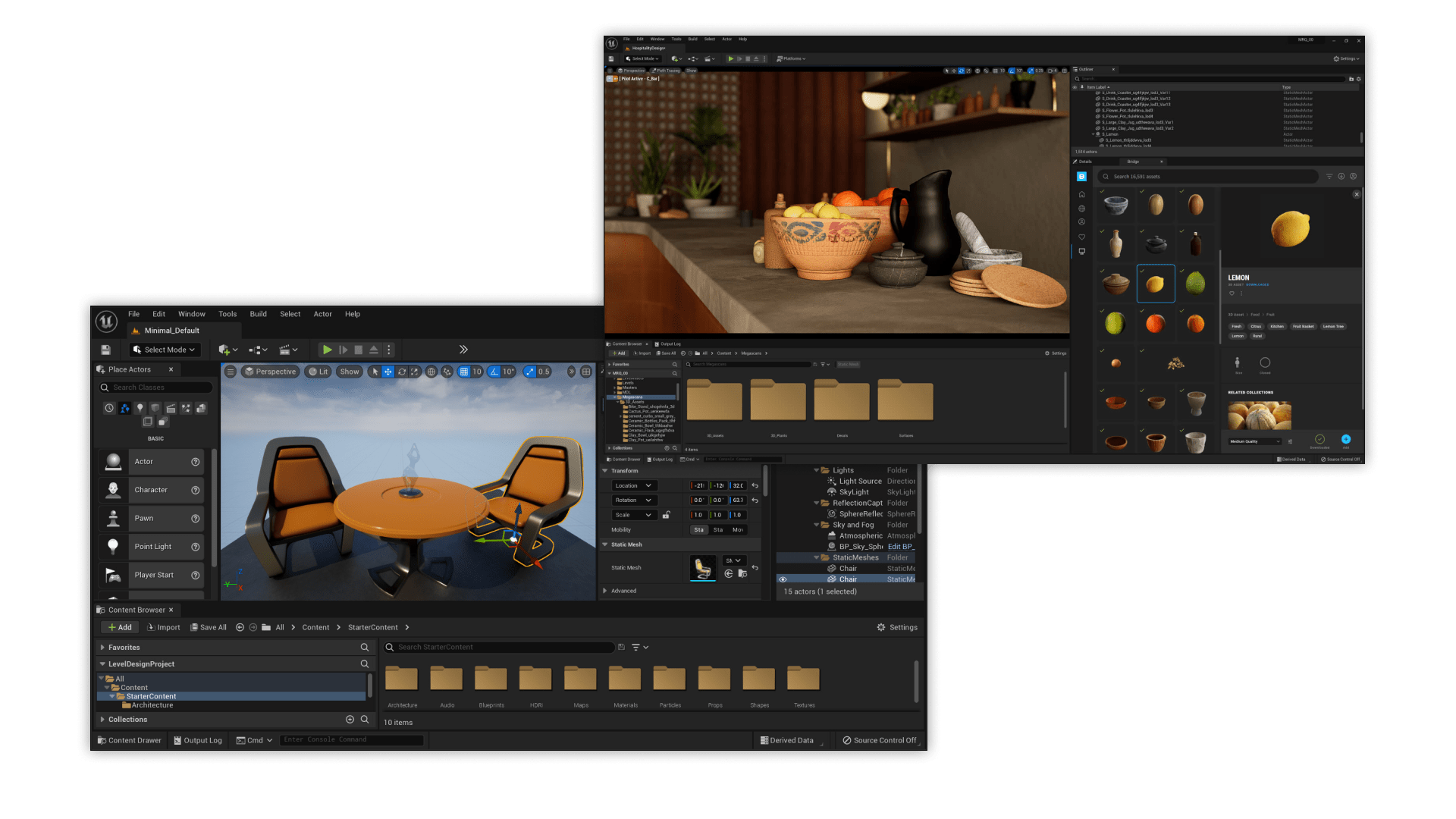
FX artists
Special effects artists make game adventures more exciting and fun. They can create effects such as explosions, smoke, fire, weather, and more.
To achieve the most realistic results, FX artists use specialized software such as Houdini FX and Maya, or the capabilities of game engines such as Unity or Unreal Engine 4.
Motion designer
The animator brings the models created by the Game Artist to life and works to make their movement in space look as natural and realistic as possible. There are two types of animations in games:
- Full animation – implies a very high frame rate, at least 25 frames per second of timing. Moreover, with this approach, all elements of the environment are animated. Accordingly, such animation takes a lot of time, which is why it is most often used in AAA games.
- Limited animation – simplified animation provides fewer frames per second, while some elements may even remain static.
Developers
In gamedev, a developer is a broad term that includes many narrower specializations. Therefore, we suggest considering which specialists we can use to work on your project:
- Engine Developers. They are engaged in the creation of a game engine – various utilities and tools for other developers, and also perform SDK integrations.
- DevOps Developers. They work on microservices and create clients that allow users to play together on the Web, update games and make in-game purchases.
- Tools Developers. Create tools for game designers – on Qt or directly inside the engine.
- UI Developers. They work directly on the game interface, make menus and various transitions between them.
- Graphics programmers. They optimize in-game graphics and create the highest quality “picture” with minimal resources. To do this, they work with a low-level layer – OpenGL, DirectX.
- VR Developers. Involved in the creation of games with virtual reality. They are working to ensure that the gamer can fully immerse himself in the game world and, at the same time, feel as natural as possible in it.
- Backend developers. They participate in the game development process, but do not touch the game itself. Their area of responsibility is setting up servers, working with network protocols and receiving data.
Game testers
Playtesters are involved at all stages of development and are responsible for ensuring that the most prepared product that does not contain errors is released. To do this, they develop testing strategies, write automated tests and, if necessary, control the fixing of bugs.
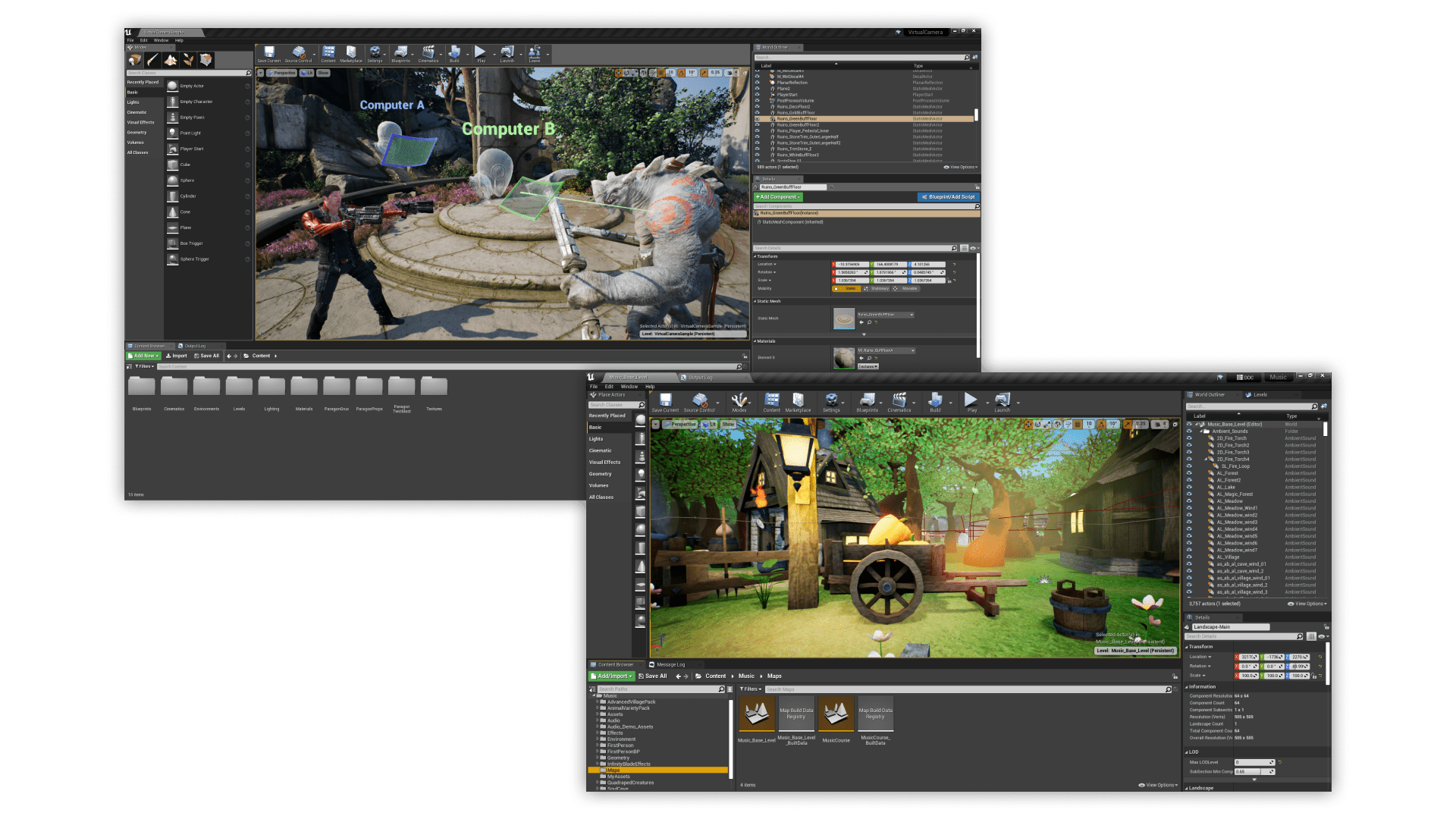
Choosing a technical architecture
TechnologyChoosing a technical architecture Technology
Different technologies can be used to develop games, but mostly these are low-level programming languages. Our team can work with almost any stack, including:
- C# is a video game scripting language that defines game mechanics and tells the device what to do during gameplay. In addition, it is the default language in the Unity 3D engine.
- C++ is a low-level language that provides maximum game speed. It is used in most console and PC games.
- Java is a universal and cross-platform language in which you can write a game for almost any operating system, such as iOS, Android, Microsoft and Linux.
- JavaScript – used to create browser games.
- Python – Thanks to the capabilities of the PyGame library, it is ideal for developing small game projects.
- Swift is a native language for iOS that allows you to work efficiently with sprites, textures, and object physics. Great for making games.
- Kotlin is a naive language for Android. Kotlin code can use C libraries, which allows you to create games not only using its own specialized libraries, such as KorGE, but also based on SDL, GTK/OpenGL and GDX.
Also for game development, our team can use popular game engines such as Unity, Unity 3D, Unreal Engine 4 and Unreal Engine 5.
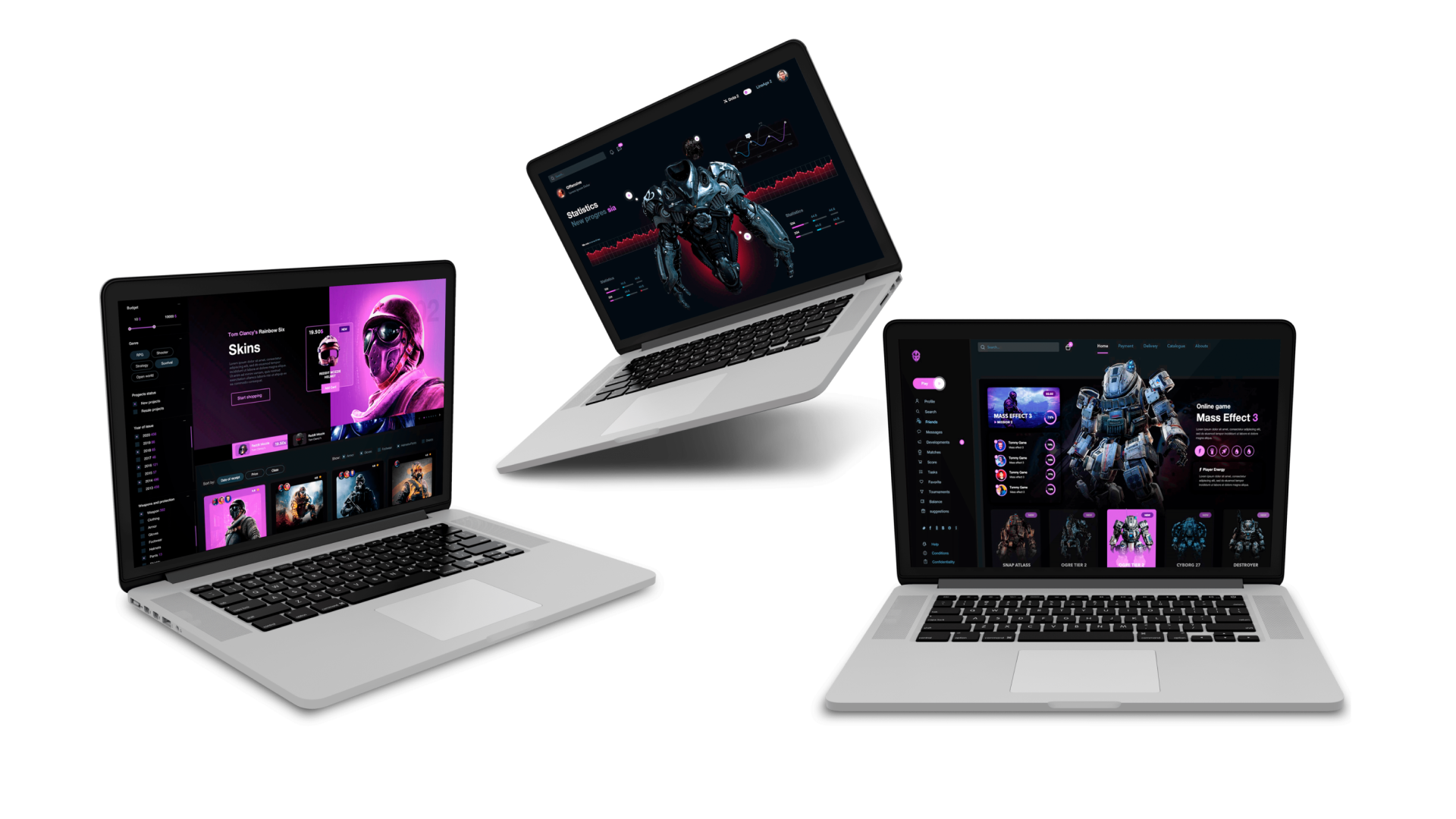
How the game is being developed
Stages of DevelopmentHow the game is being developed Stages of Development
Game development is carried out in short sprints according to the Scrum methodology and consists of six main stages:
- Game planning. The concept of the product, genre, audience and the platform on which it will work are determined: HTML5, mobile or desktop.
- Design. At this stage, new ideas are tested, mechanics are specified, functionality is described, a GDD is compiled – a game design document, technical documentation, and rough sketches of the game world art are made. In fact, such a prototype allows you to determine the viability of the product and the profitability of further development.
- Production. This is the most difficult stage, during which the script is created, the characters and the game world are drawn, the animations are developed, and the programmers write the code that makes the game work.
- Testing. At this stage, playtesters perform multi-level testing of the game: they check it for bugs, the usability of the game interface, the relevance and fascination of the dialogues, and so on. Only after testing is completed can we say that the game is ready for release.
- Release and development. In order for the game to constantly remain interesting for gamers, it needs to be constantly developed – hold seasonal events, add new mechanics, create new characters, and so on. Therefore, even after the release, technical work on the product does not stop.
Game development in AVADA MEDIA
Game development in AVADA MEDIA
Game development requires quite a lot of investments – time, resources and money. And in order for the project to pay off in the end, its technical production should be entrusted to professionals who already have relevant experience. For AVADA MEDIA, game development is one of the main areas of work.
The implementation of games in our company is carried out by already formed teams of specialists who have released more than one successful project. We will help you design, develop and bring to market a promising product that can achieve your financial goals.
Fresh works
We create space projectsFresh works
The best confirmation of our qualifications and professionalism are the stories of the success of our clients and the differences in their business before and after working with us.
Our clients
What they say about usOur clients What they say about us
Successful projects are created only by the team
Our teamSuccessful projects
are created only by the team Our team
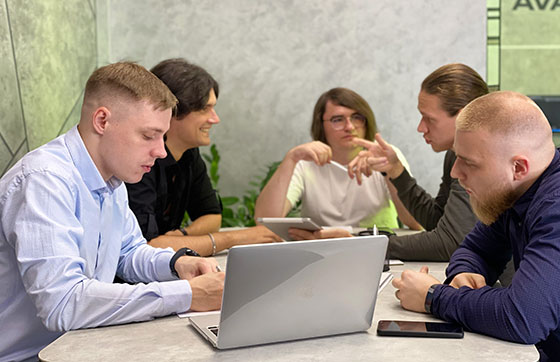
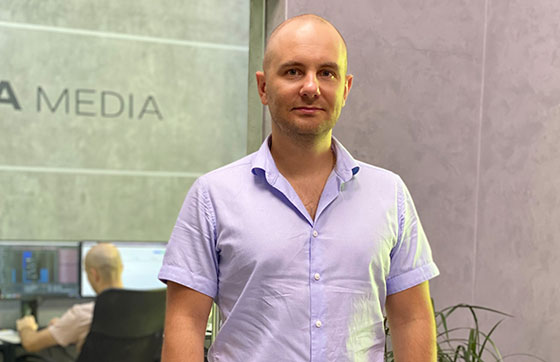
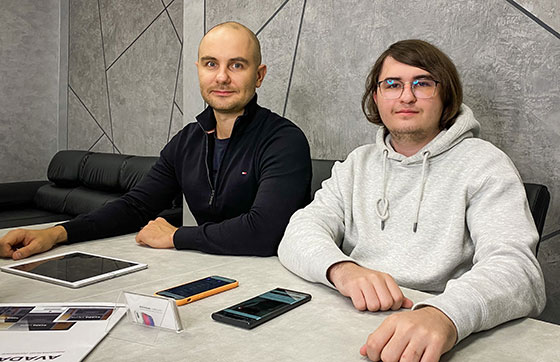
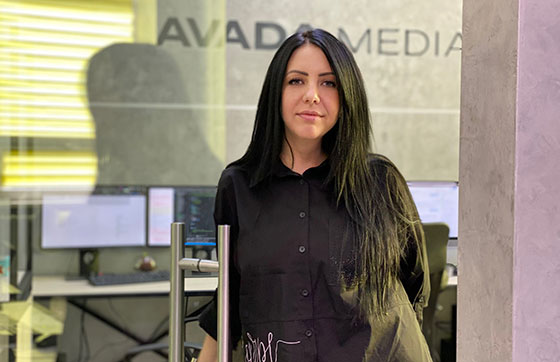
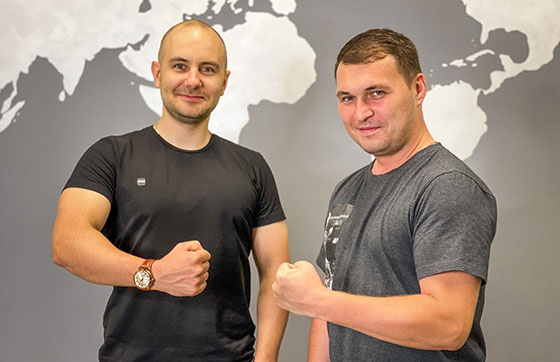
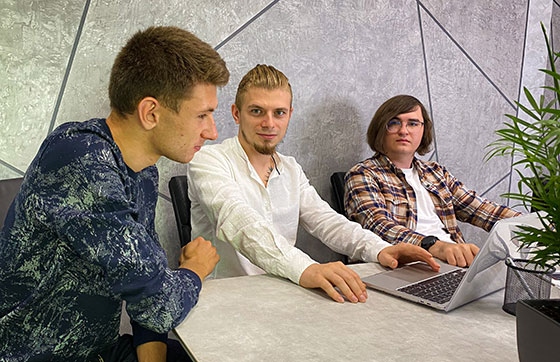
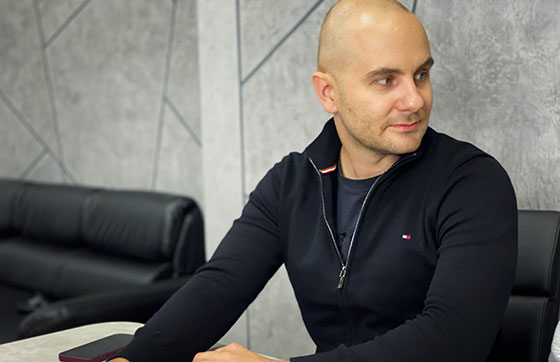
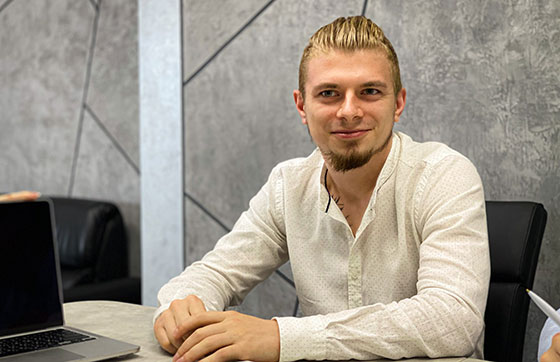
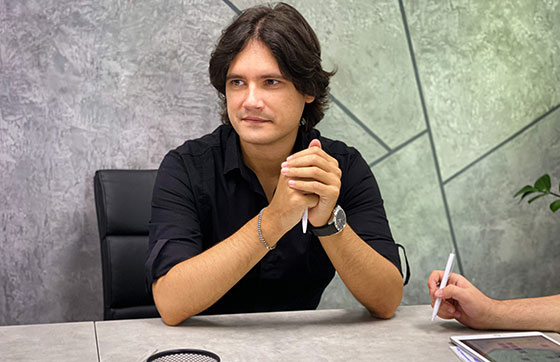

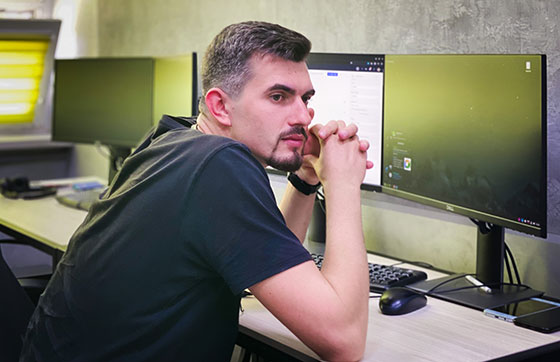
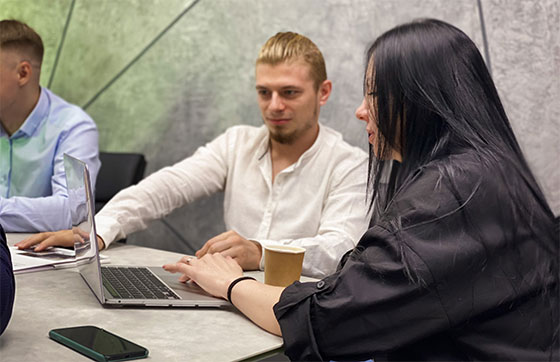
Contact the experts
Have a question?Contact the experts Have a question?
-
Phone:+ 38 (097) 036 29 32
-
E-mail:info@avada-media.com.ua

